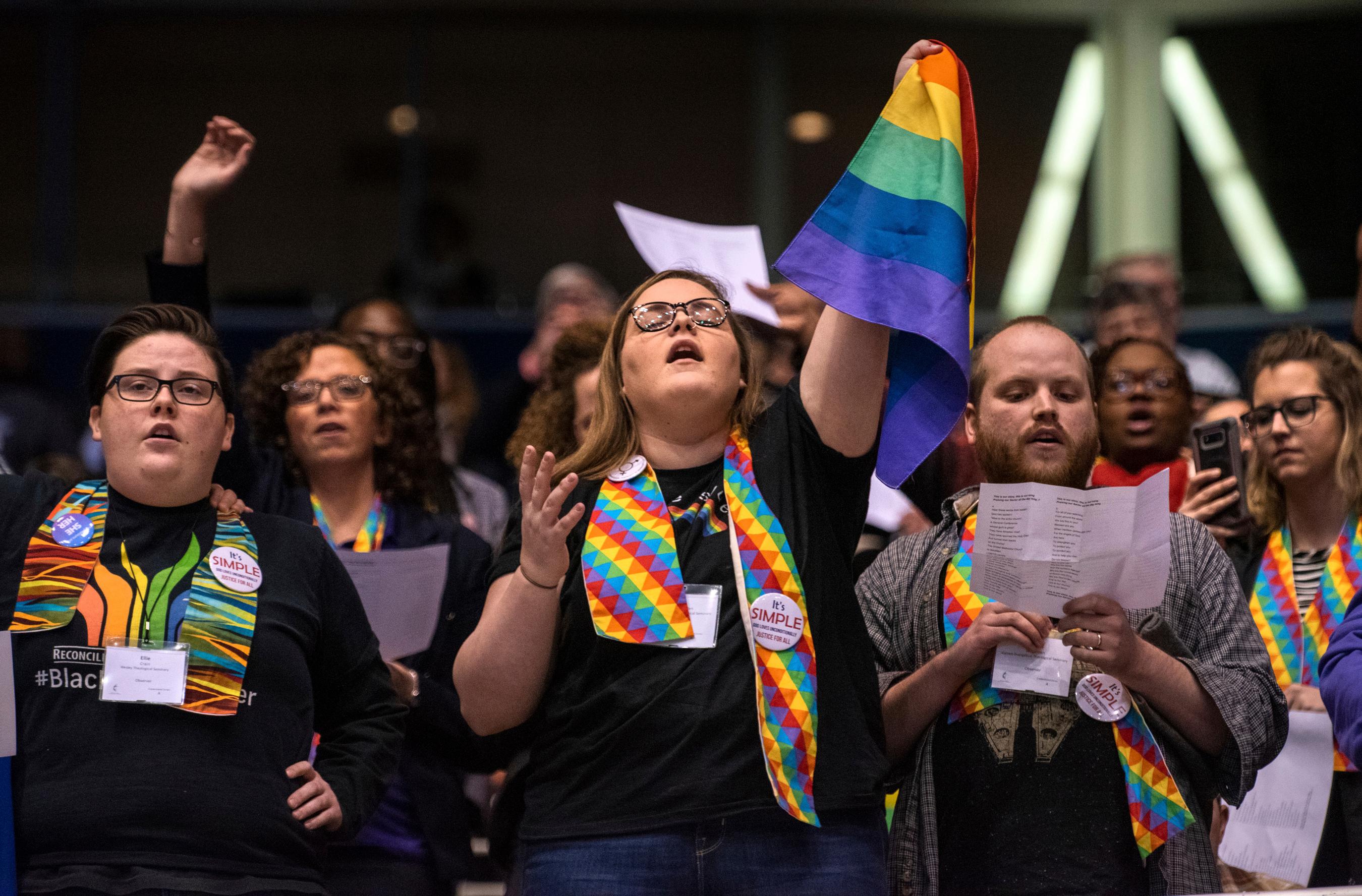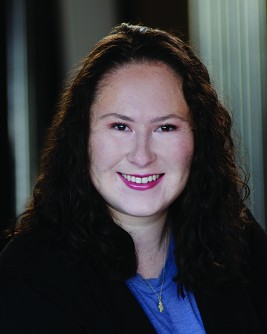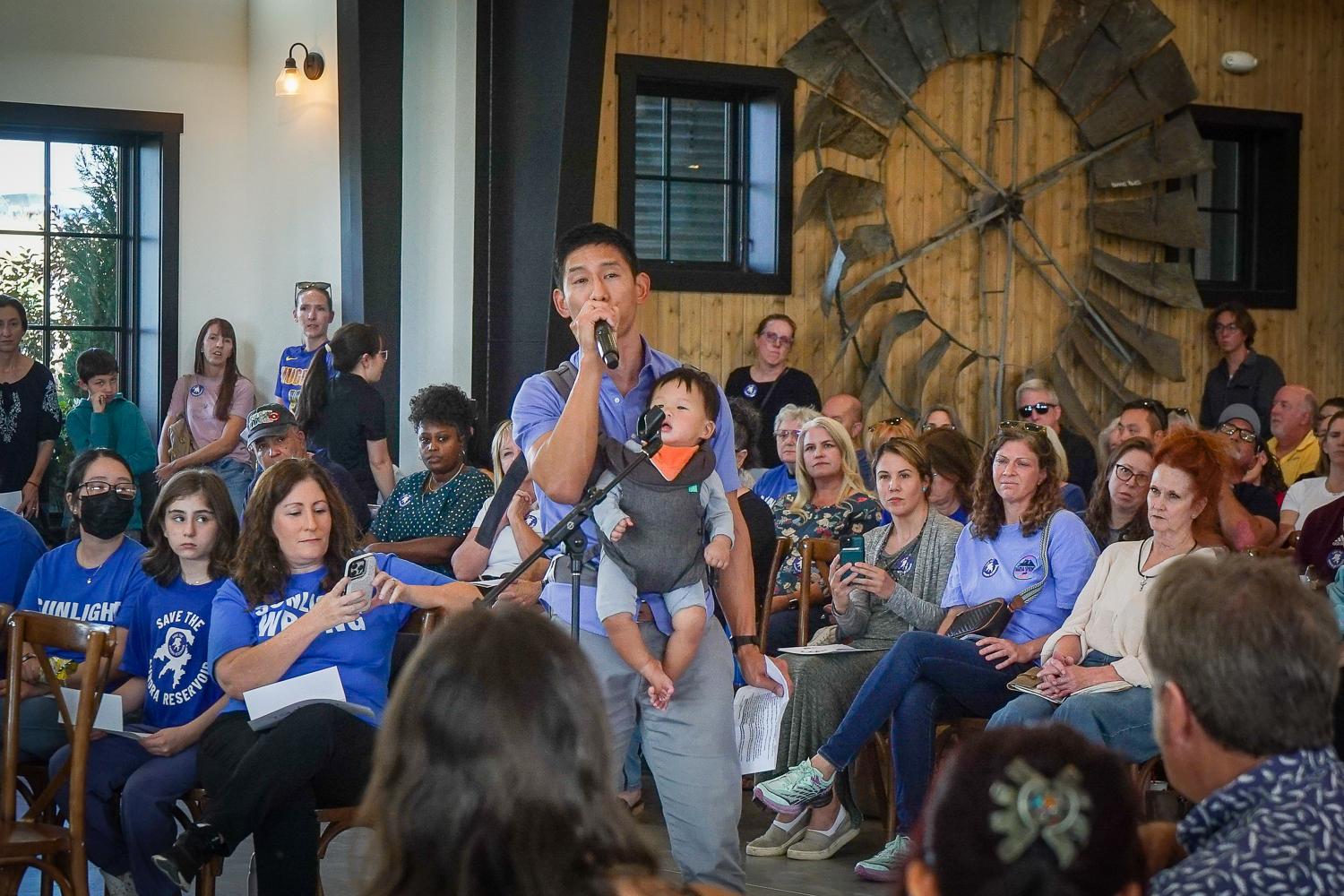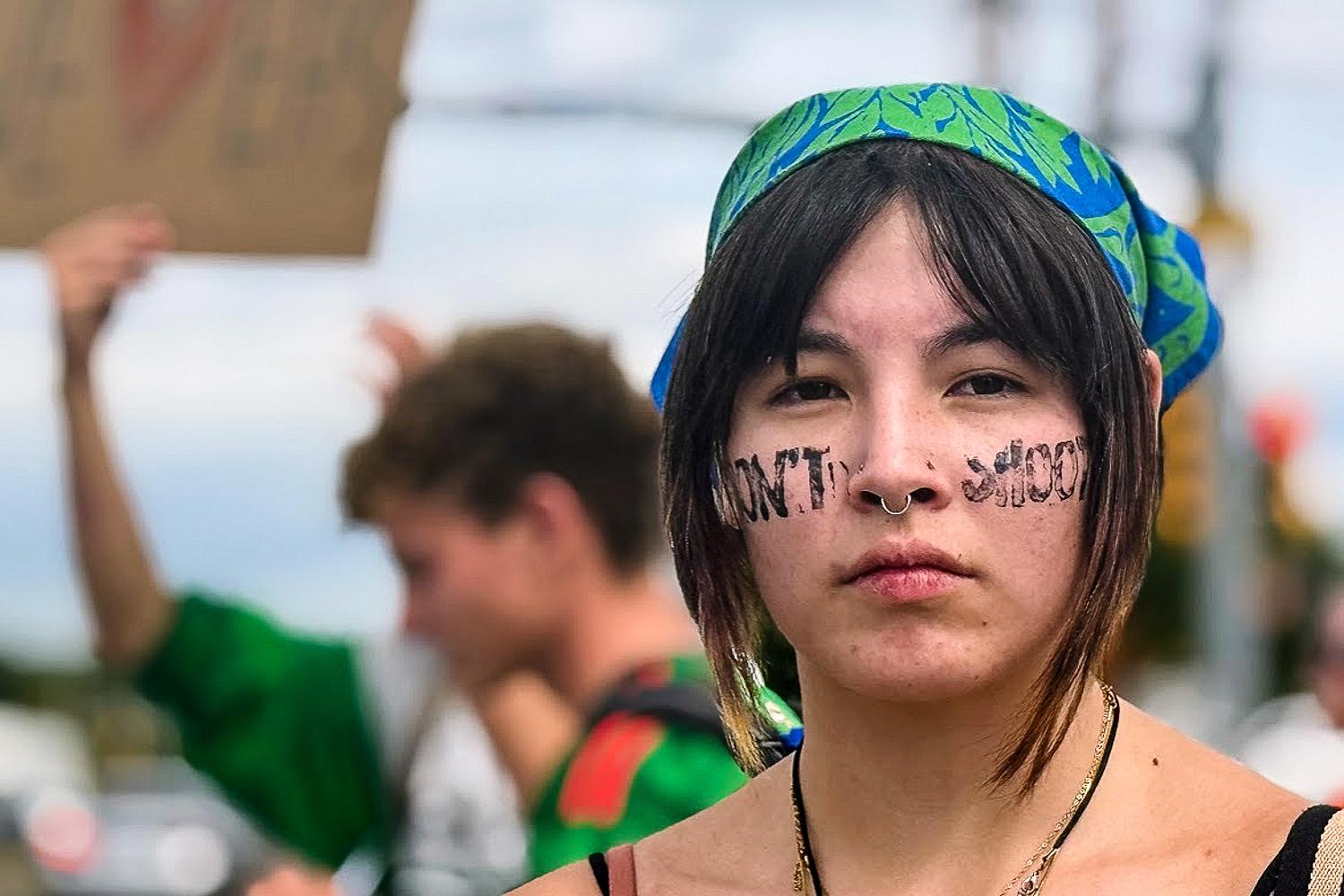

This week marks a turning point for the United Methodist Church. If leadership decides to uphold a ban on LGBTQ pastors and same-sex marriage, it could mean a massive loss of membership. If it doesn’t, church leaders will have to decide on something else, potentially alienating much of the more-conservative members.
The UMC judicial council plans to meet in Evanston, Illinois, starting Tuesday to consider legal challenges to recently passed anti-LGBTQ church policies.
Methodist churches across the country have struggled with parts of the “Traditional Plan,” which bans LGBTQ-inclusive practices like same-sex marriage and ordination of LGBTQ pastors. The plan was passed in February by a special session of the church’s general conference. Immediately there were some within the denomination that said that was grounds to leave the congregation.
Others aren’t so sure.
“We’re kind of taking a ‘wait and see’ attitude on what comes this week out of the judicial council and then we will prayerfully consider what our next steps are as a church that welcomes all people,” said Rev. Sharon Langfeldt of Christ Church United Methodist Church in Denver.
The council plays a similar role for the church as the U.S. Supreme Court plays for the U.S. It decides which policies to uphold and which to strike down.
Pastors aren’t sure what the nine-member council will do, Langfeldt said, but the decision should be announced by the end of the week.
If part or all of the policy is struck down by the council, the plan will be re-discussed at the church’s next general conference in May 2020.
If the council upholds the policies, they would go into effect January 2020, forcing churches dedicated to LGBTQ inclusion to consider a split from the denomination.
“As a lifelong member of the Methodist church and a generational connection through my parents and grandparents, it’s heartbreaking,” Langfeldt said. “At the same time, sometimes a seed has to split open in order for growth to happen and that very well could be the case now.”
This would not be the first time the Methodist church has divided, Langfeldt said. Methodists in the southern U.S. split from northern churches in the 19th century over slavery. They reunited in 1939.
The United Methodist Church claims about 12.6 million members worldwide, including nearly 7 million in the U.S.
Traditional Plan supporter Mark Tooley, who heads a conservative Christian think tank, predicts that the UMC will split into three denominations — one for centrists, another oriented toward liberal activists and a third representing the global alliance of U.S. conservatives and their allies overseas.
“It’s a question of how long it takes for that to unfold — and of who and how many go into each denomination,” Tooley said. “A lot of churches will be irreparably harmed as they divide.”
Scott Jones, bishop of the UMC’s Houston-based Texas conference, says churchgoers in his region are divided in their views, but a majority supports the Traditional Plan’s concepts.
Langfeldt said if the church doubles down on its anti-gay policies, she would like to meet with other inclusive churches across the country to decide what to do next.
In regards to her church specifically, Langfeldt said, “Jesus did not exclude anyone from his ministry and I believe we will walk together even when we don’t agree 100 percent on everything.”
The Associated Press contributed to this report.









